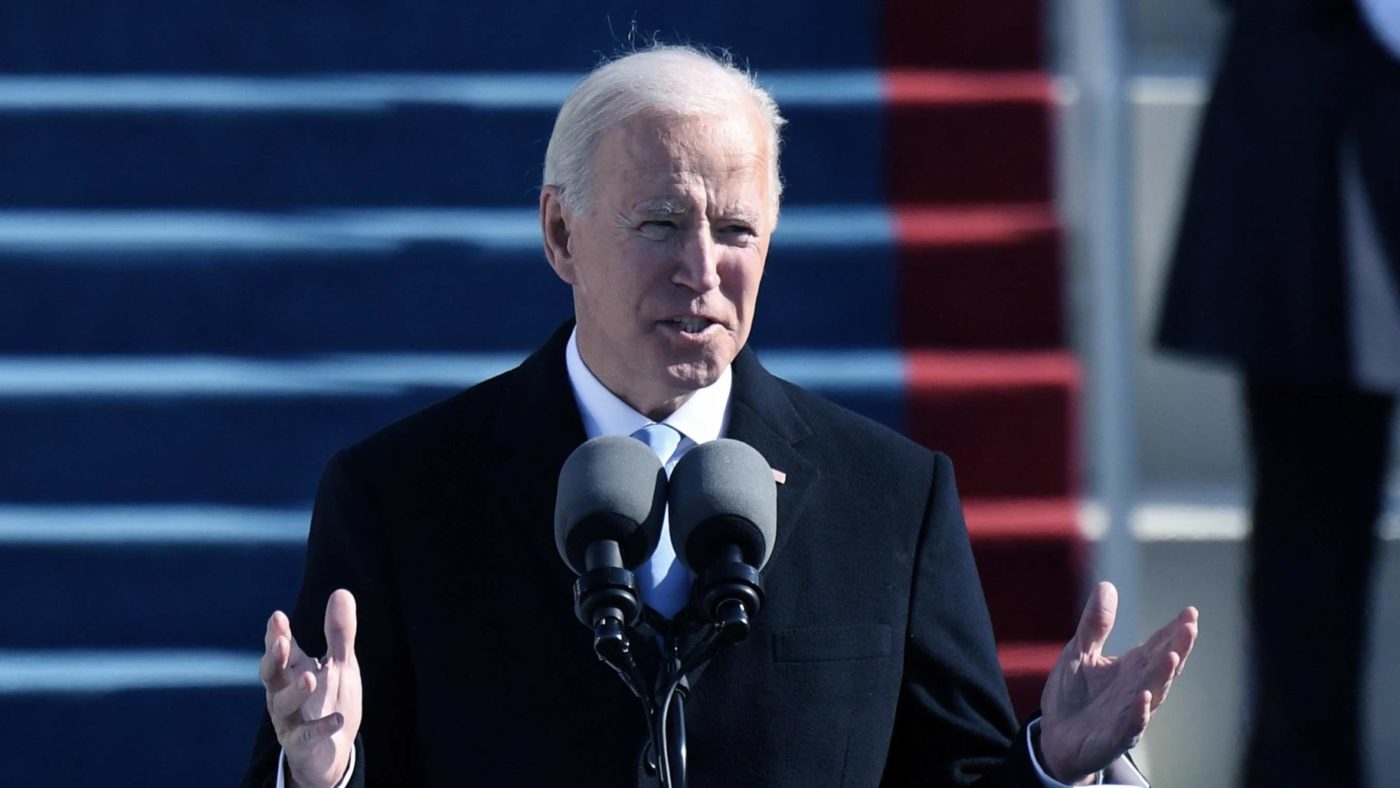With ‘The Star-Spangled Banner’ still echoing after Joe Biden’s inauguration, talk on this side of the Atlantic naturally turned to the all-important question: what does it all mean for Britain?
There seems plenty to be gloomy about. Judging by some reports, Biden’s much-trumpeted Irish ancestry means he doesn’t like the UK or Brexit and members of his team are apparently still aggrieved at Boris Johnson’s ‘part-Kenyan’ remark about Barack Obama back in 2016. Like Obama, the new president has also removed a bust of Winston Churchill from the Oval Office, further proof that he hates Britain, or something. The consequence of all this is that a UK-US trade deal now hangs in the balance.
There’s something endearingly self-centred about this kind of commentary. For one thing, it suggests the new president has given Britain more than a moment’s thought since entering office. Given that he’s thrashing out a gargantuan Covid rescue package and signing executive orders with gusto, it’s fair to say Biden has more on his plate than the status of SPS checks on the Irish border.
Failing to reach a trade deal would undoubtedly be disappointing, but not a devastating blow. America is already our biggest bilateral trade partner, and most estimates suggest an agreement would increase rather than transform British GDP. (And some in government must quietly wonder if that prize is worth more nonsensical rows over ‘selling our NHS’ or chlorinated chicken.)
That doesn’t mean Britain is unimportant to America, but surely it’s now time we dispensed with hoary clichés about the state of the ‘special relationship’ and framed the UK’s role in the world with a bit more realism.
Fortunately, Mr Johnson’s team seems well aware that they will have to work for any favours from the White House. By taking a robust line on China and emphasising the UK’s role in tackling climate change, Downing St has made clear it is a willing ally in areas the new administration values.
The UK’s stance towards Beijing also differs notably from that adopted by Angela Merkel, whose government has repeatedly cosied up to China, while also building a huge gas pipeline with Putin’s Russia. How that plays in Washington over the next few years will be fascinating to watch. Equally, if France is serious about pursuing ‘strategic autonomy’ for the EU, Britain could yet enhance its role as a reliably straightforward partner for the US.
Whatever the tit-bits about Biden’s personal views of the UK, there’s no doubt Britain too will have a more consistent, reliable partner in the Oval Office than it ever did under Trump. The idea that The Donald, with his unabashed nationalism and hostility to free trade, was a true friend to this country always seemed far-fetched.
Certainly, Mr Biden’s economic agenda is a world away from the ideas that animate this publication, but he should at least offer a degree of predictability so lacking in his predecessor. Rather than looking for anything ‘special’, then, perhaps the most Britain should hope for is an altogether more ordinary four years.
Click here to subscribe to our daily briefing – the best pieces from CapX and across the web.
CapX depends on the generosity of its readers. If you value what we do, please consider making a donation.


